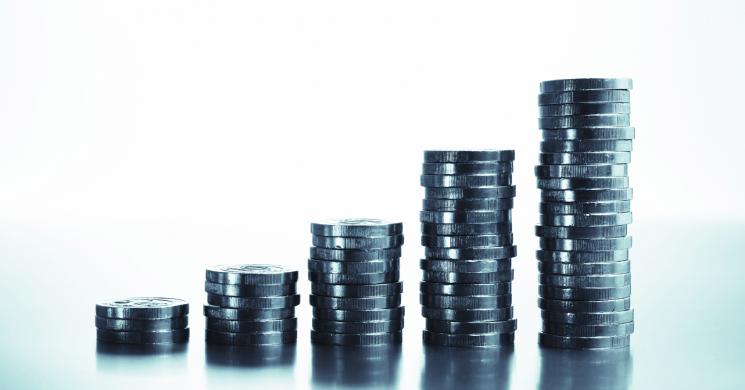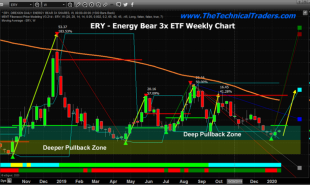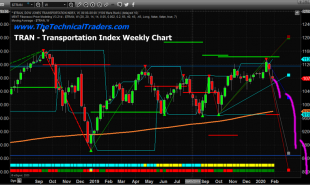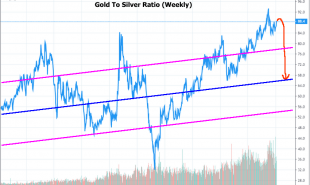
China lets markets have their say in the yuan fix again, OPEC's not happy with oil's rise, and more good data for the euro area.
Fixing the fix
China’s central bank made changes to how it calculates the yuan’s daily reference rate that effectively removes the volatility-reducing “counter-cyclical factor” it introduced last year. The move, which saw the currency weaken against the dollar, will increase the role of markets in setting the daily fix. Analysts say the decision shows authorities are confident pressure on the currency to depreciate has eased, though policy makers won’t hesitate to reintroduce the factor if market volatility increases.
Oil rise
Monthly average prices for Brent crude have increased every month since July, with the benchmark now close to its highest level since Dec. 2014, and closing in on $70 a barrel. West Texas Intermediate for February delivery was trading at $61.87 a barrel at 5:30 a.m. Eastern Time as the U.S. benchmark held recent gains ahead of inventories data. Perhaps surprisingly, the rising prices are not being welcomed by one OPEC producer, with Bijan Namdar Zanganeh, Iran’s oil minister, saying he’s not keen on prices over $60 a barrel as that encourages shale production.
Unemployment
Joblessness in the euro area dropped to the lowest level since early 2009, with the unemployment rate falling to 8.7 percent in November, according to a report from Eurostat. There was good news for Italian Prime Minister Paolo Gentiloni ahead of the March election as data showed the number of Italians in employment reached the highest level since records began in 1977. In still-without-a-government Germany, meanwhile, industrial production rebounded in November, rising 3.4 percent from the previous month, well ahead of projections.
Still rising
Overnight, the MSCI Asia Pacific Index added 0.1 percent as the region’s stocks rose for a sixth day, while Japan’s Topix index gained 0.5 percent in its first session of the week to close at the highest level since June 1991. In Europe, the Stoxx 600 Index was 0.4 percent higher at 5:50 a.m. as stocks were lifted by positive economic data. S&P 500 futures were slightly higher, the U.S. 10-year Treasury briefly passed 2.5 percent this morning, and gold was a little lower.
Lost in space
The second-stage booster section of the Falcon 9 rocket used by SpaceX to launch a military satellite failed, according to people familiar with the matter, with one saying both the booster and the satellite fell into the ocean. No parties involved in the launch have commented as the operation is classified. The news comes as a setback for Elon Musk’s Space Exploration Technologies Corp. in its first mission in a year in which the company plans roughly 30 assignments.
Here's what you should read today
- Equity euphoria grips the entire world…
- … As the U.S. stock rally is already beating analyst year-end targets…
- … While investors also continue to pile into high-yield and emerging-market credit…
- … All of which leads to some saying too much good news is actually bad news.
- Net neutrality to get Senate vote as Democrats force issue.
- Weather disasters cost the U.S. a record $306 billion in 2017.
- The tax on university endowments is anti-intellectualism and cultural resentment masquerading as fiscal policy.
@TicToc by Bloomberg: 24/7 news. Streaming LIVE on Twitter.
Read more by Soren K.Group







